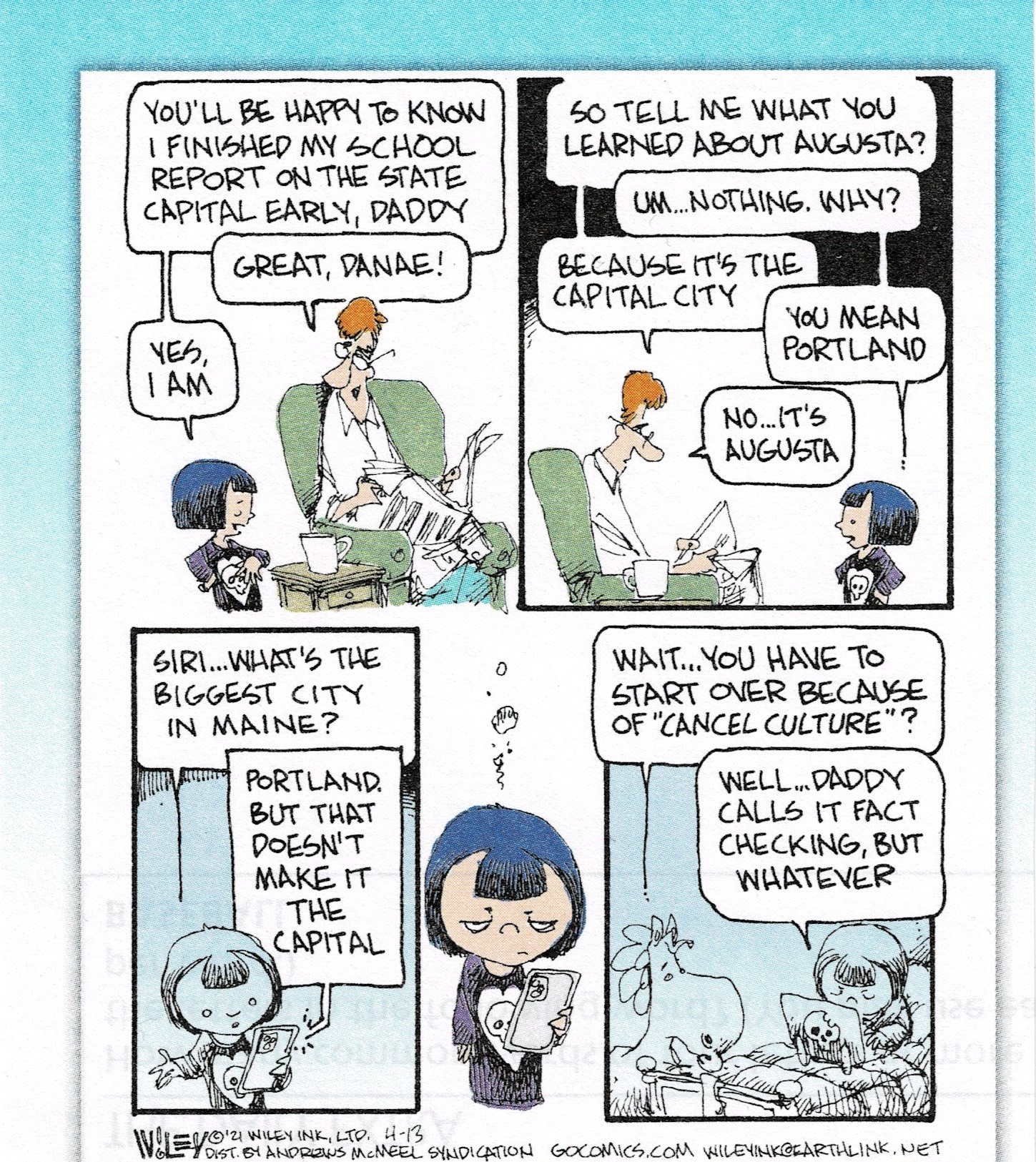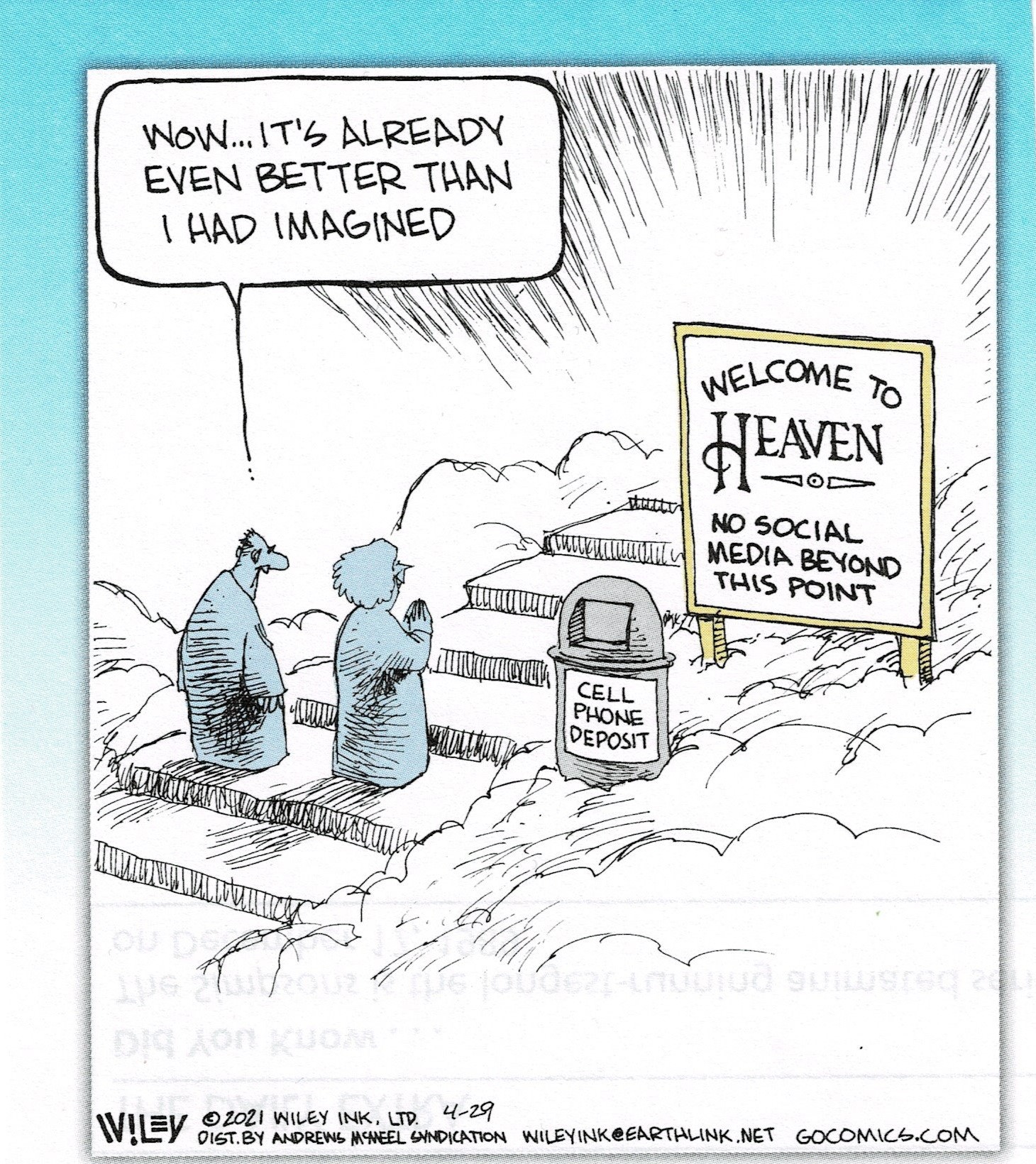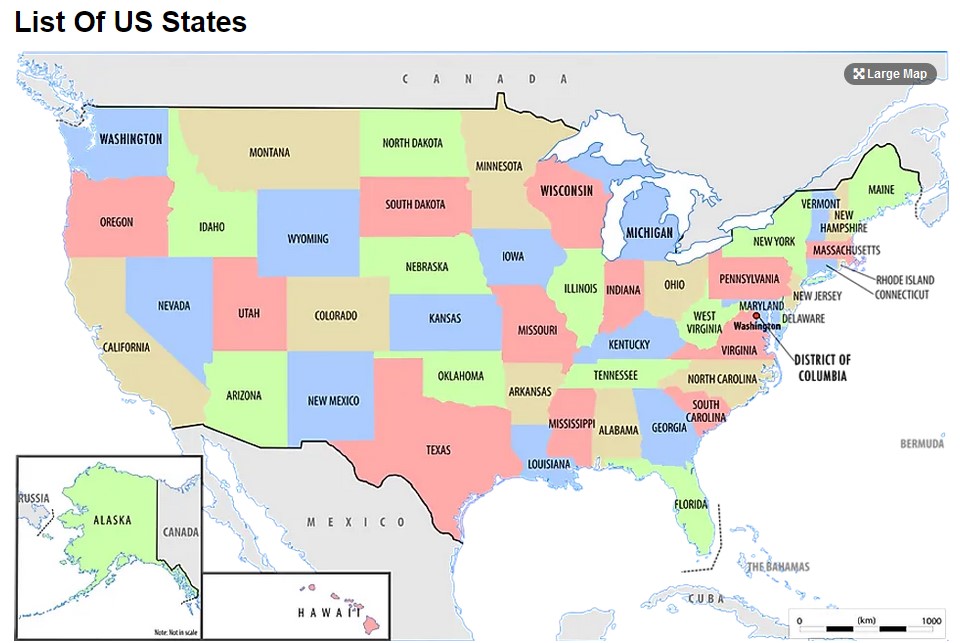As we live each day, dealing with the nitty-gritty of each hour and minute, as we get pushed around by schedules and interpersonal dialogue, as we absorb the distractions of the world at large, we lose track of who we are. We are a montage of feelings, responsibilities, and social obligations. But how do we manage this montage? How do we create sensible order and priority using the guiding principles of our behavior?
What follows is an informal examination of the core principles that guide an individual’s priorities and opinions. It isn’t absolute, of course, but it is an interesting opportunity to focus on our own motivators.
The examination is very general, focusing on the rules of general behavior and belief rather than habits and idiosyncrasies.
PHILOSOPHY/ETHIC
Philosophy of life is the Bible for your attitude. What kind of treatment can other people expect from you? Is it “Every man for himself” or perhaps “What’s best for everybody” or “Do it right or forget it”? Another way of putting it is, “What do I owe to the world?”
SOCIALIZATION
For 300,000 years, evolution carefully crafted a creature whose survival depended on groups; the deep processes of the brain gave priority to interpersonal awareness. Limited by physical capability and an environment full of life-threatening situations, the human found safety in family and inter-family (tribal) association. In less than 5,000 years, this balance has shifted as humans chose to neutralize the environment, which lessened the need for families, groups and tribes. Still, using the time clock of evolution, humans haven’t changed and remain a social creature. Consequently, certain social aberrations have become common; many would classify murdering fellow humans with an assault rifle to be an example; hoarding excessive wealth would be another; castigating people for differences in sexual hormone balance could be another. Loneliness and suicides are rising.
But the objective in this examination is your perspective. Do you behave among others in a manner that reflects your philosophy of life? If your philosophy is ‘every man for himself’ why would you be concerned about the characteristics of another person? If you follow a righteous doctrine, why would you advocate racist and sexual castigation? Another way of putting it is, “What do I owe to protect the world?”
It is the existence of imbalance between your philosophical categories and actual behavior that causes general irritability, sadness or an attitude of laissez faire toward society in general. Biologically, humans still need groups. Some may call it fellowship.
ECONOMICS
Economics is a practical interpretation of your philosophy of life. You may need to pause a moment to recognize how what makes you feel secure in life relates to your philosophy of life. You should note contradictions because this suggests you are not self-aware regarding your behavior.
As an example, a person who says “My philosophy is what’s best for everyone” but advocates capitalist priorities does not have a matching philosophy of life and economics. From the other end, a person who believes in communistic economics may be ignorant of their contradiction having a philosophy that advocates ‘every man for himself’. Another way of putting it is, “What should I share with the world?”
If you have not given thought to the relationship in your life between ethics and economics, you may be surprised that you have some reconciliation to do.
PHYSICALITY
It is obvious that the body requires continuous attention and further, is a component affected by your philosophy of life. Medical studies indicate that ignoring the health and physical capacity of the body undercuts the ambition to fulfill any philosophy of life, whichever it may be. In other words, your desire to sustain your philosophy of life requires a body to match. If your philosophy is ‘what’s best for everybody’, your desire to participate in that philosophy requires energy, positive attitude and other energies that require a healthy and energetic body. There are disabling influences at every turn from television to soft recliners to petty prejudices. Another way of putting it is, “How do I pull my weight in the world?”
֎ So that is the self-examination. Does your behavior, habits, commitments, and finances match your philosophy of life? Whichever philosophy you choose isn’t the point – it’s a matter of your lifestyle matching that philosophy.
In retrospect, there may be some readers who would say the examination is upside down, that it is a person’s personal attributes that define their philosophy of life. This suggestion reflects a legitimate approach to problem solving; mariner often has referred to ‘what’ versus ‘why’ problem solving. This examination requires a general declaration first to assure continuity and expose contradictions in life that make life more awkward. One significant example will show the importance of stating a philosophy of life first:
There are many who consider themselves Christians but in terms of behavior are not. The New Testament sets a standard of behavior (philosophy) that must be practiced. There are many ways to ignore or abuse the New Testament and still pretend one is a Christian. In practice, one has fooled themselves into thinking they are a person they are not. By answering the question ‘what do I owe the world’ first, it will be easier to discover discordant practices.
The objective of this examination is to iron out wrinkles and discover who one really is. Answering the question “What do I owe the world?” first provides a ruler or standard that may require an adjustment in behavior. Conversely, one may have to go back and declare a different philosophy that encompasses a different way of measuring behavior.
Ancient Mariner





